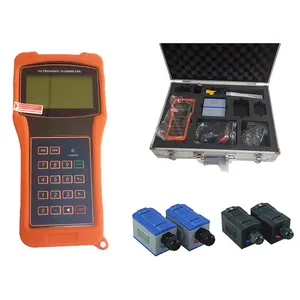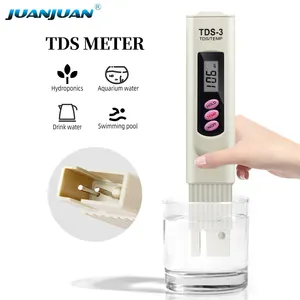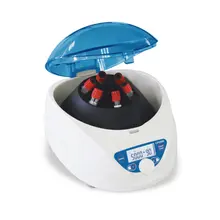Multiparameter Water Quality Meters: An Overview
Multiparameter water quality meters are essential instruments for analyzing the composition of water in various environments. These devices integrate multiple testing parameters to provide comprehensive data about water quality, crucial for environmental monitoring, aquaculture, and industrial processes.
Types and Applications
The versatility of multiparameter water quality meters is evident in their various types, including handheld, portable, and benchtop models. Handheld and portable multiparameter water quality meters are particularly beneficial for field measurements, offering convenience and ease of use. Benchtop models are ideal for laboratory analysis, providing detailed insights into water quality parameters. Applications range from environmental monitoring to process control in industrial settings, ensuring water quality meets the required standards.
Key Features and Materials
A multiparameter water quality meter typically measures pH, conductivity, dissolved oxygen, turbidity, and temperature. Advanced models, like the YSI ProDSS and HORIBA multiparameter, may include additional sensors for nutrients or specific ions. Materials used in these meters are chosen for durability and resistance to harsh environmental conditions, ensuring reliable performance.
Advantages of Using Multiparameter Meters
Employing a multi parameter water quality analyzer offers numerous advantages, such as time-saving through simultaneous measurements and cost-effectiveness by reducing the need for multiple single-parameter devices. The integration of various sensors in one unit also simplifies data collection and analysis, providing a comprehensive understanding of water quality.
Choosing the Right Meter
Selecting the right multiparameter water quality meter depends on specific needs. For on-site analysis, a handheld multiparameter water quality meter or a YSI multiparameter probe might be the most practical choice. For laboratory research, a benchtop meter with advanced calibration capabilities could be more appropriate. It's essential to consider the specific parameters required for your application when making a selection.
Conclusion
In conclusion, a multiparameter water quality meter is a valuable tool for a wide range of applications. While selecting a meter, consider the type, features, and the specific parameters you need to measure. With the right device, you can ensure accurate and efficient water quality monitoring.

































 浙公网安备 33010002000092号
浙公网安备 33010002000092号 浙B2-20120091-4
浙B2-20120091-4